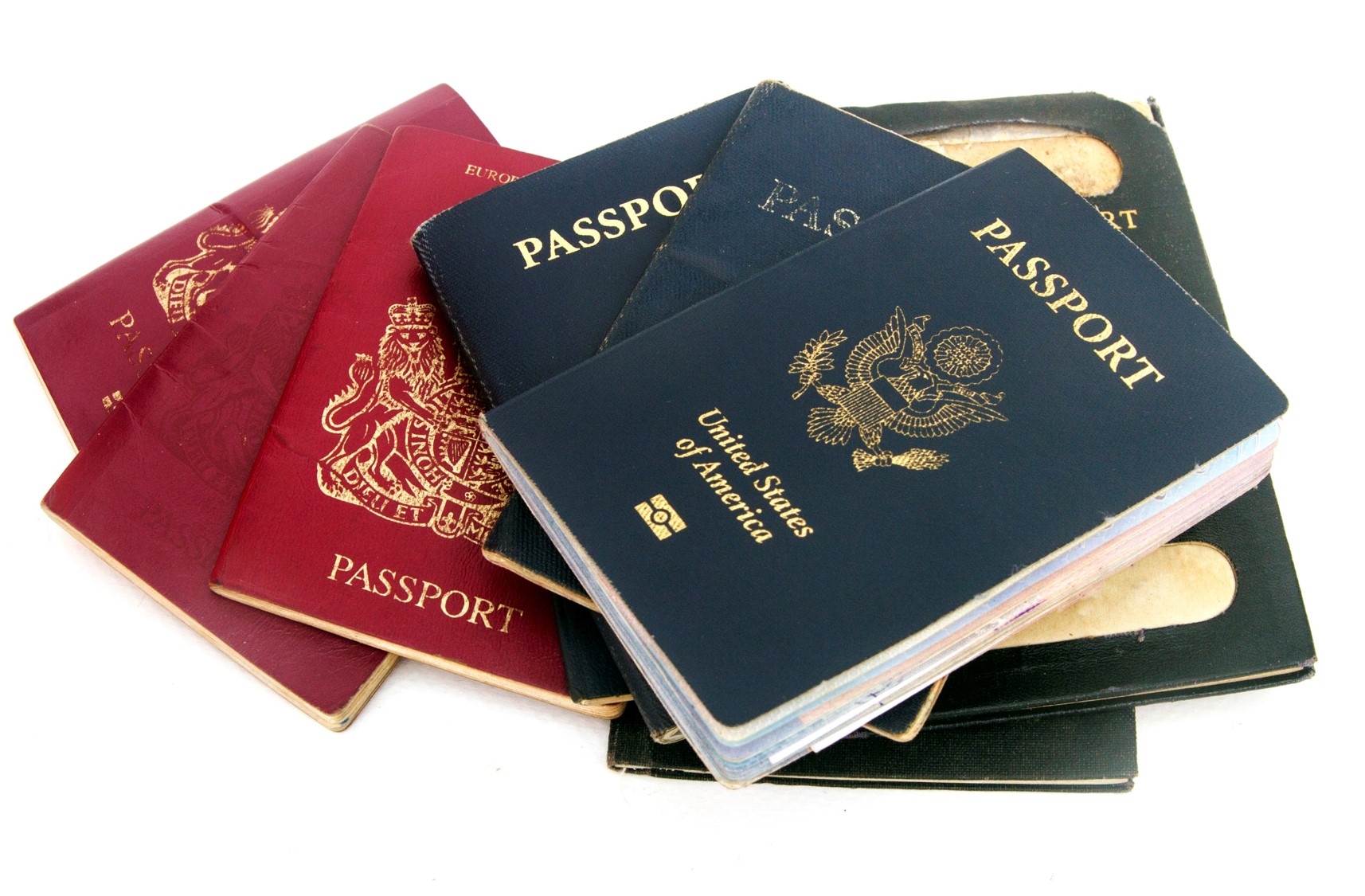What is dual citizenship?

The nature of our work here at Currency UK means we’re very interested in all things international. This gives us a certain level of expertise, and from time to time we like to share our expertise with the world. Today, we’re going to shed some light on the topic of dual citizenship (particularly useful if you are an expat or thinking of becoming one).
Dual citizenship is when a person is a legal citizen of two different countries. The details of a person’s dual citizenship depend on the particular countries of which they are citizens. For each country, citizenship can mean different things and the rights and responsibilities bestowed upon people vary from country to country. For example, being a citizen of Austria means having to perform military service for at least six months (for able-bodied men up to 35 years of age), whereas, in the UK, no such obligation exists.
It is worth noting that citizenship does not always mean the same as nationality, although they are often used interchangeably. Nationality is to do with where a person is born or their heritage, citizenship is a person’s legal status. A person is a national of a country if they are born there or if their parents are from the country, a person is a citizen of a country when they are accepted into the legal and political framework of the country.
While many countries allow their citizens to hold dual citizenship, there are a number of countries that do not allow it. See below for a table showing the countries that allow dual citizenship.
In some countries there are instances where those with dual citizenship are not treated as ‘full’ citizens and therefore lack certain rights and opportunities. The most famous example of this is probably in the US, where only those born with US citizenship can become President or Vice President, not those who acquire it later.
Other examples include: Armenia, where dual citizens cannot vote or be elected to Parliament; Egypt, where dual citizens cannot be elected to Parliament; and in New Zealand, dual citizens can be elected to Parliament, but once an MP is elected, they cannot voluntarily become citizens of another country or apply for a foreign passport.
So, why does dual citizenship exist?
Why would someone opt to become a dual citizen? One of the main reasons people become dual citizens is to maintain ties with their country of origin or to increase ties with the country they have moved to. This increases not only a sense of belonging and security, but also makes it easier for people send funds back to families and friends in their country of origin.
Other reasons for becoming a dual citizen include being able to work and study in either country without the need for visas. There are usually fewer hurdles to overcome and fewer regulations to meet when a person seeking employment is a citizen of the country than when they are not. This means that a dual citizen can take advantage of higher wages and better job opportunities in either of their countries. Also, a dual citizen can study in either of their countries and be charged domestic fees, thus avoiding the often massive fees imposed on international students.
Furthermore, some countries (like Mexico, India, and the Philippines) restrict land and property ownership for non-citizens, so being a dual citizen can often mean a person is able to own property in either country when they wouldn’t be able to without their dual citizenship.
Being a dual citizen carries the benefit of allowing a person to travel freely between both countries with no suspicion or questioning, and they have the added bonus of avoiding the lengthy queues at airports for international travellers. Doesn’t sound too shabby, does it?
As you can see, the topic of citizenship, especially dual citizenship, is incredibly complex. There is a wide variety of different laws and regulations regarding the subject across the world, with some of them potentially conflicting each other. We hope that we’ve at least cleared up a few things for you (and not made things more confusing!). For detailed information on dual citizenship for particular countries, we recommend that you consult the relevant government websites. For any currency requirements, consult us.
|
Countries that allow dual citizenship |
Condition(s) to gaining dual citizenship |
Conditions for current dual citizens |
|
Armenia |
Cannot vote or be elected to Parliament |
|
|
Australia |
||
|
Bangladesh |
Cannot be elected to Parliament |
|
|
Barbados |
||
|
Belgium |
||
|
Canada |
||
|
Cyprus |
||
|
Egypt |
Must seek permission from the government to maintain |
Cannot be elected to Parliament |
|
Finland |
||
|
France |
||
|
Germany |
Must seek permission from the government to maintain |
|
|
Greece |
||
|
Hungary |
||
|
Iceland |
||
|
Iraq |
||
|
Ireland |
||
|
Israel |
||
|
Italy |
||
|
Lebanon |
||
|
Malta |
||
|
New Zealand |
Can be elected to Parliament, but once an MP is elected, they cannot seek dual citizenship |
|
|
Pakistan |
Only allows dual citizenship with Australia, Belgium, Canada, Egypt, France, Iceland, Ireland, Italy, Jordan, Netherlands, New Zealand, Sweden, Switzerland, Syria, United Kingdom, and United States. |
|
|
The Philippines |
||
|
Portugal |
||
|
Serbia |
||
|
Sierra Leone |
||
|
Slovenia |
||
|
South Africa |
Must seek permission from the government to maintain citizenship before applying for citizenship in another country |
|
|
South Korea |
||
|
Spain |
Only allows dual citizenship with Andorra, Argentina, Bolivia, Chile, Colombia, Costa Rica, Dominican Republic, Ecuador, Equatorial Guinea, Guatemala, Honduras, Nicaragua, the Philippines, and Portugal. |
|
|
Sri Lanka |
Must seek permission from the government to maintain citizenship before applying for citizenship in another country |
|
|
Sweden |
||
|
Switzerland |
||
|
Syria |
||
|
Tonga |
||
|
Turkey |
Must seek permission from the government to maintain citizenship before applying for citizenship in another country |
|
|
United Kingdom |
||
|
United States |
Only those born in the US can become President or Vice President |

